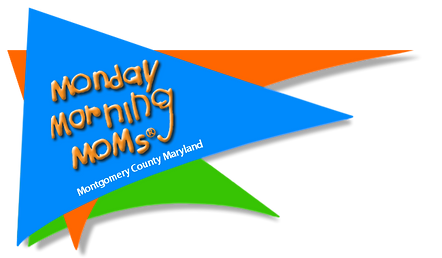How to Teach Good Manners
- Sep 7, 2019
- 2 min read
Raising a polite kid in a rude world isn't as hard as it seems. #teachingkidsmanners #preventingkidsrudebehavior #howtokidsteachgoodmanners #mondaymorningmomschildcare

I thought my children were relatively well-mannered until my grandmother, who is always a model of decorum, came for dinner a few months ago and I saw their behavior through her eyes: my 6-year-old's elbows on the table, my 3-year-old's constant interruptions, and my 1-year-old's habit of hurling peas onto the floor. Obviously, it was time to serve up some etiquette lessons. But I wasn't sure what was age-appropriate. Was my preschooler mature enough to learn to wait her turn in a conversation? Could I expect my toddler to sit still and not to play with his food? I talked to manners experts and psychologists from across the country to find out. This guide has everything you need to know to raise polite, well-mannered children, no matter their age or stage.
Thoughtful Toddlers: Ages 1-2
At around 18 months, kids begin to grasp that there are certain accepted social graces. Set the stage now by being polite yourself and helping your child think about other people's feelings -- after all, good manners are first and foremost about being thoughtful and considerate of others.
WHAT TO WORK ON
Hello and goodbye. Even before she can speak, encourage your little one to wave hello and goodbye. It's the first step in teaching her how to recognize and greet people, says Sheryl Eberly, author of 365 Manners Kids Should Know. "One way to practice is to say good morning to each other every day," she adds. And don't forget to greet your spouse cheerfully when he gets home.
Staying seated while eating. Instead of letting your child wander around the house munching on Goldfish, take this opportunity to teach him to sit in his booster seat or high chair while he eats, even if it's just a snack. "At this age children have a short attention span, but ten to 15 minutes strapped in a high chair will give them an important lesson: You sit at the table while you're eating," says Parents advisor Jenn Berman, Psy.D., author of SuperBaby: 12 Ways to Give Your Child a Head Start in the First 3 Years. If he starts throwing his food, let him know there will be consequences. Say, "I guess you're not hungry anymore. If you toss your food again, snacktime will be over." You can also take this time to begin working with him on using a fork and spoon, though most children won't master that until they're close to 3.
Using the magic words. Your toddler won't fully grasp the meaning of "please" and "thank you" until she's older, but get her in the habit of using them now. A fun way is to use the baby signs: For "please," outstretch your hand and rub it in a circular motion over your heart. To say "thank you," put your open hand on your lip then bring it forward toward the person you're thanking.
Article courtesy of Parenting.com https://bit.ly/2Nn2uHd
By Michelle Crouch Photographs by Stephanie Rausser




Comments